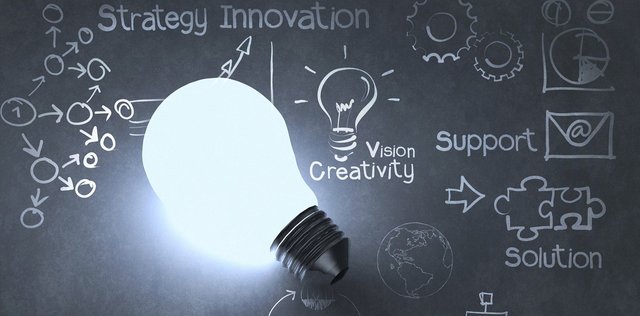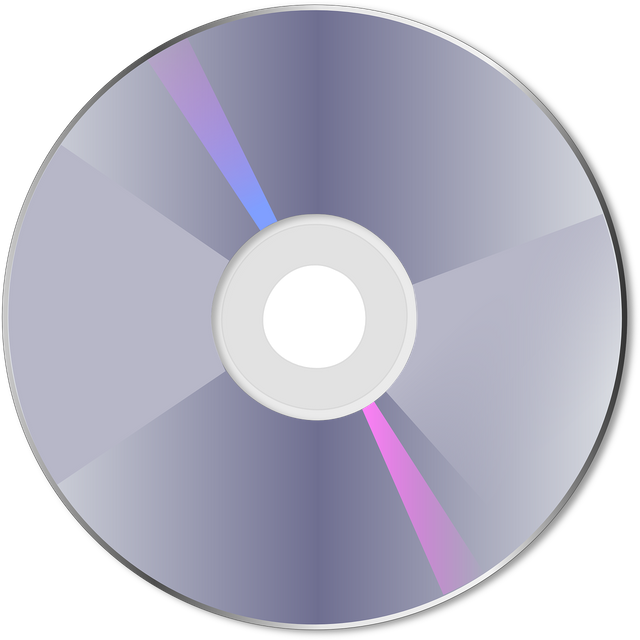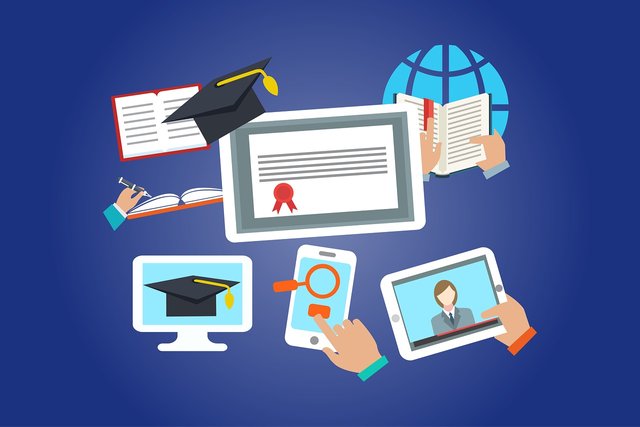Technology & Competition In Education
Hi there. Education has benefited with the technological improvements in the last ten years or so. This post provides an overview of competition in education and technology's impact in education.

Topics
- Post Motivation: Toronto's Chinatown & Dining Competition
- Traditional Learning/Teaching Methods
- Technology & Online Learning
- Youtube As A Large Learning Resource
- New Teaching/Learning Methods Through Technology
- Too Many Choices? Paradox Of Choice Considerations
Post Motivation: Toronto's Chinatown & Dining Competition
What inspired me to write this post was from my visits to Toronto's Chinatown. Many (Asian) restaurants come and go and some stay strong through the years. One thing that holds in my eyes over the years is that the competition for people's hunger (money and time) is very fierce. Because of this competition the restaurants in the area try hard to win you over through improved food quality, improved service (i.e. speaking English for foreigners), improved marketing, more efficient operations and/or lower prices. Restaurants who do not improve or keep high standards will eventually go out of business as customers will easily look for other options.

Traditional Learning/Teaching Methods
Before the internet in the 1990s and 2000s learning was limited to reading from printed materials such as books, papers, magazines and through schools. Compact discs (CDs) came later and some CDs did contain somer educational materials for information transfer. Information transfer was not as fast back then compared to today.
The internet today has made information delivery much faster and easier. This ease in information delivery has expanded the education industry as more learners and students can be reached through technology. Teaching styles might change slightly but a lot of traditional teaching and learning methods appear on the internet.

Technology Contributing To Online Learning
Online learning websites from universities and non-academic learning institutions did not occur right after the birth of the Internet. After internet speeds got faster, online internet learning started to become a viable way of learning compared to traveling to a (local) school and sitting down with strangers. Convenience is a big selling point for online learning as learners can learn from the comfort of their homes, tablets or phones.
Online learning is provided from universities and from non-academic institutions. The non-academic institutions are in the online-learning industry to lure learners from traditional universities and colleges who are charging high tuition fees with long learning times. (It is well known that tuition fees from traditional universities in the United States and somewhat in Canada are very high.)

Youtube As A Large Learning Resource
In an earlier post I have provided an overview of Youtube being a large learning resource. Youtube can be a great free resource for learning a variety of subjects from a variety of content creators with various educational and industry backgrounds. Some Youtube content creators are from traditional universities, independent providers or from industry education companies. Some of the free Youtube content can be of higher quality than paid learning content as content quality can vary. Learn at your own risk.
New Teaching/Learning Methods Through Technology
Technology has given us new ways of delivering content to students in terms of the new tools being used. A list of technological tools that are used in modern education include:
- Laptops
- Touch Screens
- Video Editing Skills
- Webcam In Videos
- Interactive Videos

Too Many Choices? Paradox Of Choice Considerations
For the consumer, competition is good as the businesses try to win customers over by improving the value of the goods and services and/or by lowering their prices. The downside to competition is the increased number of choices. When it comes to choosing an education provider you often choose just one. You want to choose something that makes good use of your time and money.
Free Versus Paid?
Some people think that free is associated with cheap or bad. However it may not be the case in the education space. There are free resources out there that are better than paid version. On the other hand, some paid resources are better than free versions.
Choosing between free versus paid resources is tricky. Look for the qualiy of the content and then look at price. If the price is too high, consider less expensive but good options.
Online Or In-Class
Traditional learning involves being physically in class watching the teacher teach. Students who are in the class are typically local students who are in the area.
Students who do online learning typically learn from places where the physical location is very far from their location. Another selling point for online learning is that a lot of the courses/costs are lower than in-class course fees.
Students need to consider prestige and reputation as not all education is the same. It is not recommended to do online courses in cooking or in the trades as you need in-person hands-on training and experience. Certifications and credentials from online learning providers may not be as reputable compared to traditional universities and colleges.
University or College?
One of the hardest life decisions for young people (teens) is deciding between university or college. Yes, universities require higher marks in school but the tuition fees are generally higher than college tuition fees. In general, colleges focus more on undergraduate education (Bachelor's) while universities offer undergraduate and graduate studies. Many university programs are not really hands-on while colleges are more hands-on and more practical.
College fields include culinary arts, fashion school, training for manufatcuring, construction and other blue collar jobs. These fields are generally more suited to those who are great with their hands.
There are some universities or colleges that use technology as leverage when it comes to advertising. Claims may include something like, "Students have access to state of the art laboratories." or "Our students use the most up-to-date technologies in our Computer Science programs." These types of claims focus more on what the instution has and maybe not so much on teaching (or student satisfaction).
Academia Or Nah?
Given that the student has the opportunity, the choice of whether or not to pursue educational credentials of at least the Master's degree is up to the university student. It is a bit foolish (in my opinion) to think that a Master's degree is automatically "better" than a Bachelor's and that a PhD degree is better than a Master's degree. It depends on the field, the labour market for that field, economic markets, the student's goals and their passion for the field. Doing graduate school makes the person more of a specialist in their field. (A degree doesn't make you a "better" person.)
